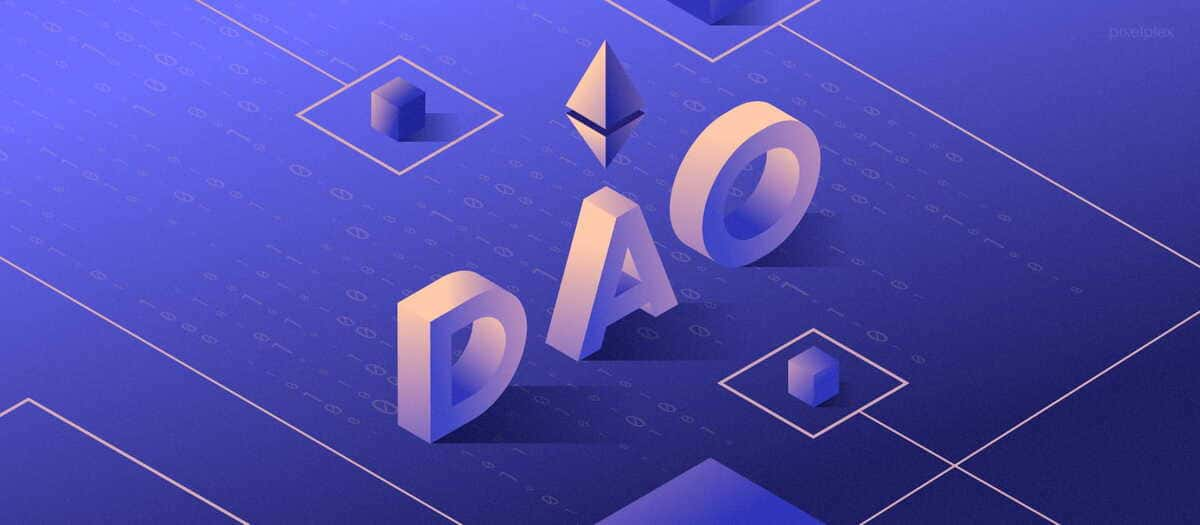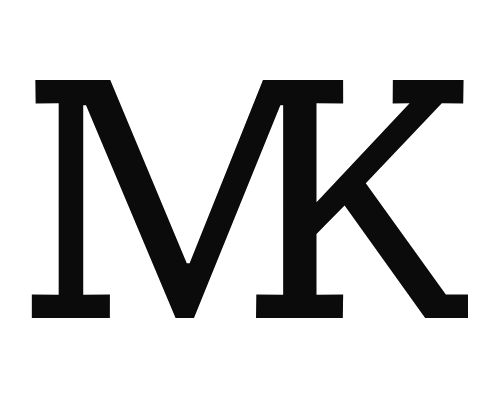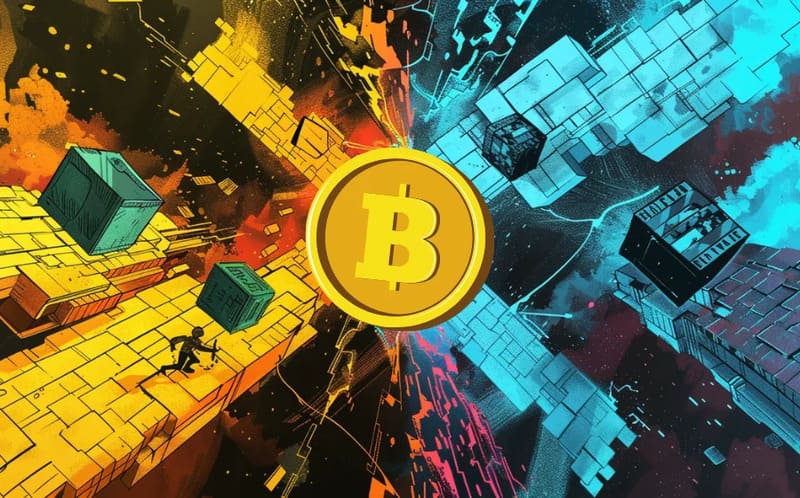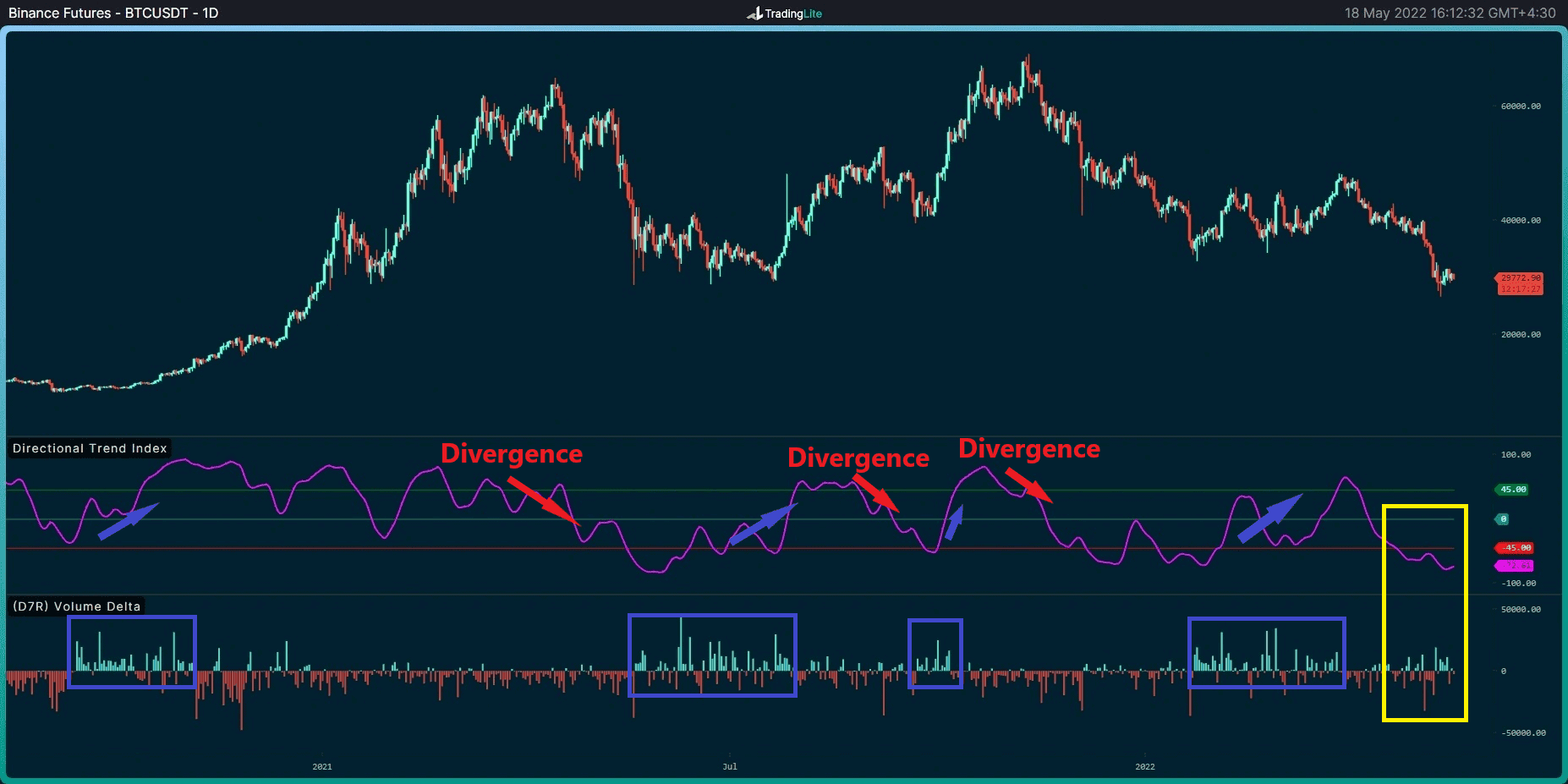
Decentralized Autonomous Organizations (DAOs) have become a cornerstone of blockchain-based governance, offering an alternative to traditional organizational structures by enabling decentralized decision-making and self-governance without a central authority. Through the use of blockchain technology, smart contracts, and decentralized protocols, DAOs have the potential to revolutionize the way organizations are managed, particularly in the context of decentralized finance (DeFi) and Layer 2 scaling solutions.
The concept of DAOs emerged as a result of the need to govern decentralized networks in a transparent, automated, and permissionless way. DAOs eliminate the need for intermediaries by allowing stakeholders to directly participate in decision-making, where the governance and operations of the organization are driven by code, rather than human decisions. Over time, DAOs have evolved from simple governance structures to complex systems that are increasingly integrated with decentralized finance (DeFi), non-fungible tokens (NFTs), and Layer 2 scalability solutions.
This post will explore the technical evolution of DAOs, governance models, smart contracts, and the challenges DAOs face in terms of decentralization. It will also delve into how DAOs intersect with DeFi, Layer 2 technologies, and what the future of DAO governance might look like.
1. The Structure and Function of DAOs: Token-Based Governance vs. Reputation-Based Governance
At their core, DAOs operate on decentralized networks where all participants can contribute to decision-making. This is achieved through a governance model that is powered by blockchain protocols. The governance of a DAO can generally be divided into two broad categories: token-based governance and reputation-based governance.
- Token-Based Governance
In token-based governance, the voting power of participants is determined by the number of tokens they hold. Token holders can propose and vote on decisions regarding the future direction of the project, including upgrades to the protocol, the allocation of funds, and other governance-related matters. The most well-known examples of token-based governance are MakerDAO and Compound, which use their native tokens to allow stakeholders to participate in the decision-making process. However, this model also has its flaws, such as the potential for centralization. If a small group of individuals holds a large portion of the tokens, they could have disproportionate influence over the DAO’s decisions, undermining the decentralization aspect. - Reputation-Based Governance
In reputation-based governance, voting power is determined by the reputation or contribution of participants to the project. Instead of focusing on token holdings, this model assigns voting power based on a participant’s reputation within the DAO ecosystem. Reputation could be earned through active participation, contributions, or previous governance actions. This governance structure helps mitigate the risk of centralization as it prioritizes the involvement and contributions of the community over just token holdings. Projects like Aragon are experimenting with reputation-based governance, where the governance tokens represent a user’s reputation rather than just ownership.
2. Smart Contracts in DAO Governance: How They Facilitate Decision-Making
Smart contracts are fundamental to the functionality of DAOs. These self-executing contracts, which run on the blockchain, automate processes and enforce agreements between participants without the need for intermediaries. The use of smart contracts enables the decentralized governance of DAOs by eliminating the need for manual decision-making and enforcement. When a decision is made within a DAO, it is programmed into a smart contract that automatically executes the agreed-upon actions.
- How Smart Contracts Work in DAOs
In a typical DAO, governance proposals are made by participants, and these proposals are voted on by token holders or reputation members. Once a proposal is approved, the execution of the proposal is handled automatically by the smart contract. For example, if a DAO decides to allocate funds for a project, a smart contract will execute the transaction once the vote reaches the required threshold. This process ensures transparency and eliminates the need for third-party verification. - Voting Mechanisms Embedded in Smart Contracts
Many DAOs use specific voting mechanisms to ensure fairness in decision-making. Quadratic voting, for example, allows users to cast votes proportional to the square of the number of tokens they hold, preventing large holders from dominating votes. Delegated voting is another mechanism where users can delegate their votes to others who they trust to make decisions on their behalf.
3. Challenges of Decentralization in DAO Decision-Making Processes
Despite the promise of decentralization, DAOs still face significant challenges in maintaining a truly decentralized decision-making process. Several factors contribute to these challenges:
- Concentration of Voting Power
A common issue in token-based DAOs is the concentration of voting power in the hands of a few large token holders. If a small group holds the majority of tokens, they can make decisions that may not reflect the broader community’s interests. This centralization of control contradicts the very principles of decentralization and can lead to decisions that benefit only a small group of participants. - Low Voter Participation
A recurring challenge for DAOs is low voter participation. Many DAOs struggle with voter apathy, where only a small percentage of the community actively participates in governance decisions. This issue is often exacerbated by the complexity of proposals, the lack of incentives to participate, and the perceived lack of impact on decisions. - Governance Attacks
DAOs are also vulnerable to governance attacks. In these attacks, malicious actors use their voting power to manipulate the governance process for their benefit. For example, by acquiring a large number of tokens, an attacker could propose and vote on malicious proposals, leading to outcomes that harm the DAO or its users.
4. The Role of DAOs in DeFi and Layer 2 Governance Models
DAOs are playing an increasingly important role in the governance of decentralized finance (DeFi) protocols. In the DeFi space, DAOs are used to make decisions about protocol upgrades, the distribution of funds, and the introduction of new features. For instance, Compound’s governance token allows holders to propose and vote on changes to the protocol, such as adjusting interest rates or adding new assets to the platform. This decentralized approach enables the community to have a say in how the protocol evolves.
- DAOs in Layer 2 Solutions
Layer 2 solutions, such as Optimistic Rollups and zk-Rollups, are designed to scale blockchain networks by processing transactions off-chain and then settling them on-chain. DAOs can be used to govern Layer 2 networks by allowing the community to make decisions regarding network upgrades, scaling proposals, and governance of the Layer 2 ecosystem. These DAOs offer the potential to enhance the scalability of blockchain systems while maintaining decentralized governance.
5. Future Advancements in DAO Technology and Governance Systems
The future of DAOs holds much promise, with various advancements on the horizon that could address the current challenges and expand their use cases:
- Hybrid Governance Models
One area of innovation is the development of hybrid governance models, which combine token-based and reputation-based governance. These hybrid models can provide a balance between incentivizing participation through tokens and rewarding meaningful contributions through reputation, ultimately fostering more engaged and equitable communities. - AI and Machine Learning in DAOs
As the complexity of governance decisions increases, there is potential for DAOs to incorporate artificial intelligence (AI) and machine learning to assist in decision-making. AI could help identify patterns in governance proposals and predict the outcomes of specific actions, allowing DAOs to make more informed decisions. - DAOs in Regulatory Compliance
As DAOs continue to grow, they may need to evolve to comply with existing regulations. This could involve the integration of decentralized compliance mechanisms that allow DAOs to operate within legal frameworks while maintaining their decentralized nature. Regulatory-compliant DAOs could play a significant role in facilitating blockchain adoption in industries such as finance, healthcare, and supply chain management.



